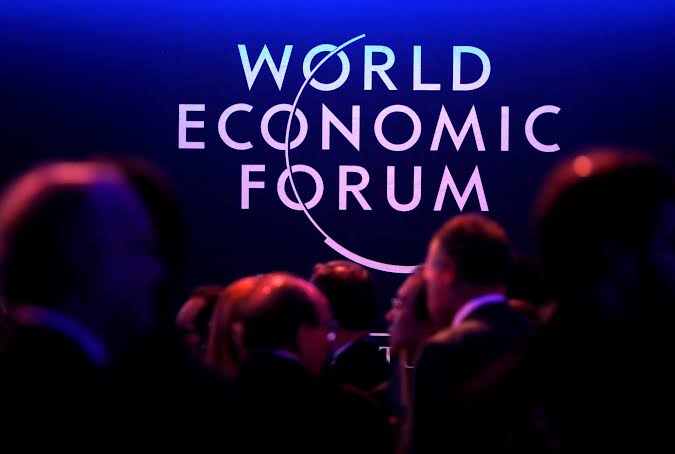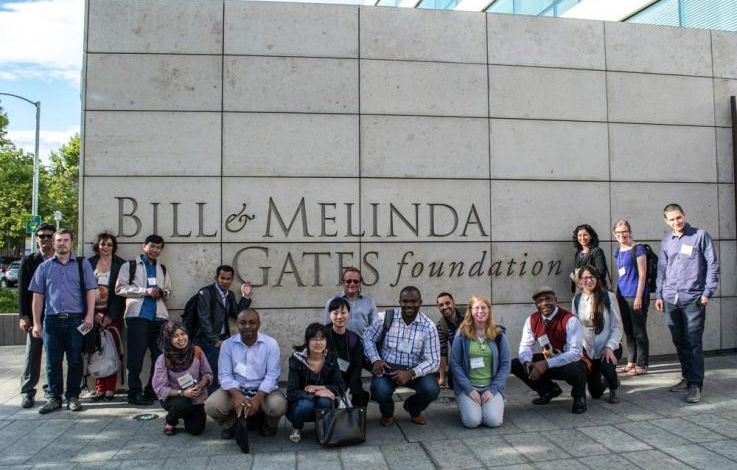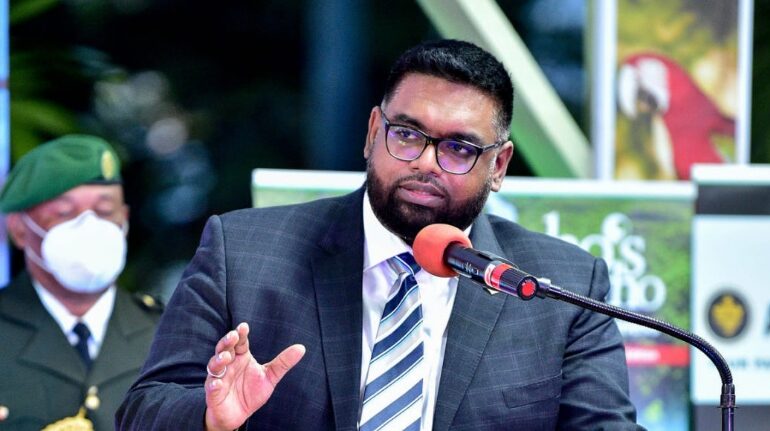
Avellon Williams
GUYANA- With the help of the country’s burgeoning oil wealth, Guyana’s president is inviting investors to back his ambitious vision to transform the small South American nation into regional health, education, and transport hub.
While visiting London last week to seek investment, President Irfaan Ali, told the Financial Times, “We are investing tremendously in healthcare and we are investing heavily in education.”.
“Not only are we investing in healthcare and education to fulfill the needs of Guyanese but also in healthcare and education as important foreign currency earners of the future so that Guyana can become a health and education hub for South America, the Caribbean, and the huge diaspora that resides in North America.”
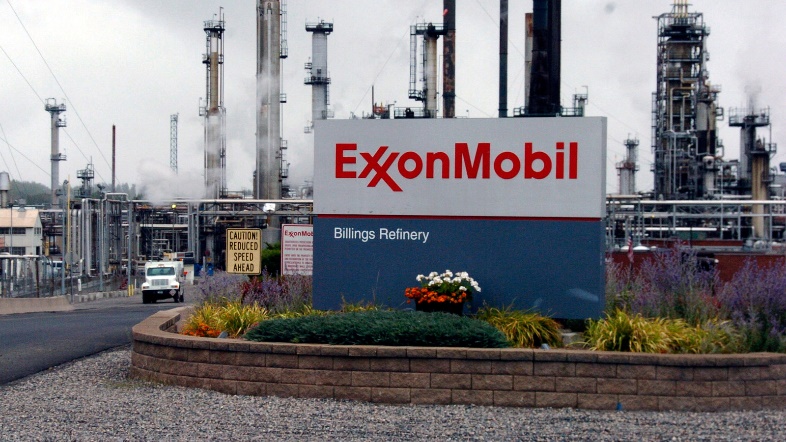
In 2015, ExxonMobil discovered large offshore oil deposits in Guyana, a former British colony with 787,000 people. As of 2019, crude oil production was on the rise. In 2013, Exxon planned to reach 340,000 barrels per day of production with its partners, Hess and China’s Cnooc.
According to Ali, Guyana’s oil production could exceed 1 million barrels per day in three years, doubling government revenue from $4 billion this year to $10 billion by 2025.
Guyana, previously one of the poorest countries in the Americas, hopes to avoid the “oil curse” that has befallen so many nations by investing its wealth in building a sustainable economy.
The infrastructure of transportation is crucial. The only English-speaking country in South America, Guyana has been cut off from its neighbours by rivers and a jungle, but the government is building highways and bridges to link it with its neighbors to the east, French Guiana and Suriname, and Brazil to the south. Combined with a planned deep-water port on its Caribbean coast, these road links may allow northern Brazil to reach markets in the Atlantic.
“We have intense discussions going on with Abu Dhabi Ports about the development of a major deep-water harbour in Guyana,” Ali said. “That deep-water harbour will support northern Brazil and give them access to the Atlantic.”
The President estimated the likely cost of the port as “on the upside of $2bn”. According to him, Abu Dhabi Ports is willing to finance the project; however, the government of Guyanese may also co-invest.
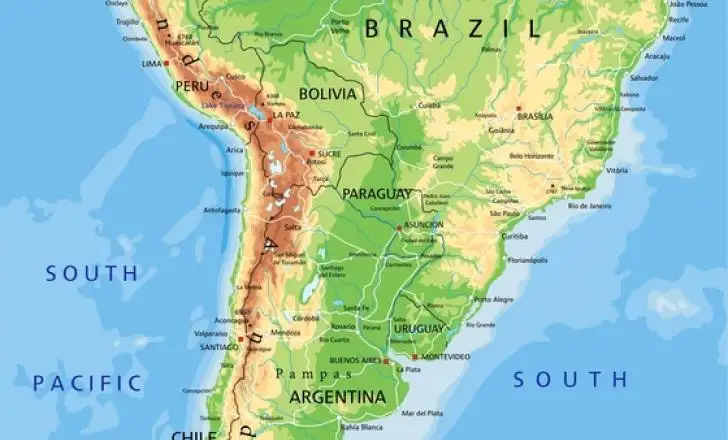
The first section of a highway going south to Brazil has already been awarded and construction will start soon, Ali said.
The country is considering the creation of a national oil company as its oil industry develops. Ali pointed out, however, that such a move would “operate like a business” would primarily focus on new product development and “would never ever attempt to take over foreign production.”. That is out of the question,” he said.
According to the International Monetary Fund, Guyana’s economy is projected to grow by 47 percent this year, the fastest in the world. Over the last two years, the company has grown 20 percent and 43 percent, respectively. To safeguard the oil revenues for future generations, the government has created a sovereign wealth fund.
According to Caribbean Insight, an expert on Guyana and Editor David Jessop, “the biggest constraint to Ali’s ambitions was likely to be a lack of people.”
“When you look at the size of Guyana’s population and where it is located, you realise that the main constraint is human resources,” he said. “The country’s potential is there but to deliver it is a real serious challenge.”
President Ali also emphasizes other assets which existed before oil was discovered, such as Guyana’s 18.5 million hectares of rainforests, which could support eco-tourism and a biodiversity center, as well as generate revenue from conservation.
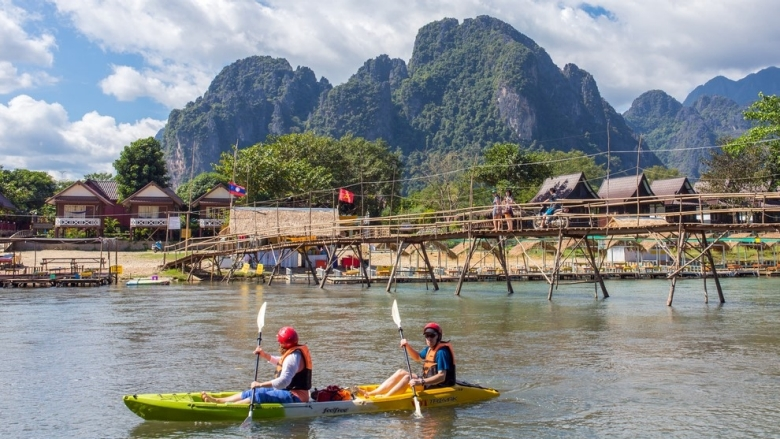
“Many people don’t know that Guyana’s forests store 19.5 gigatonnes of carbon,” he said. He noted that carbon credits and carbon markets could generate close to $200 million annually.
According to the President, the oil boom had attracted international financial institutions, sovereign wealth funds, and investment funds. Other actors with less benevolent intentions have also expressed interest.
President Ali faces formidable obstacles in his quest for success. Oil wealth has been wasted by many developing countries with corrupt administrations, squandering construction projects, and a short-lived consumption boom.
Political issues may also be involved. The country’s democracy is fragile, and it has been divided along ethnic lines for many years between the majority Afro-Guyanese and the minority Indo-Guyanese. In 2020, Ali won an election victory that led to a tense standoff lasting months before incumbent David Granger accepted the result.
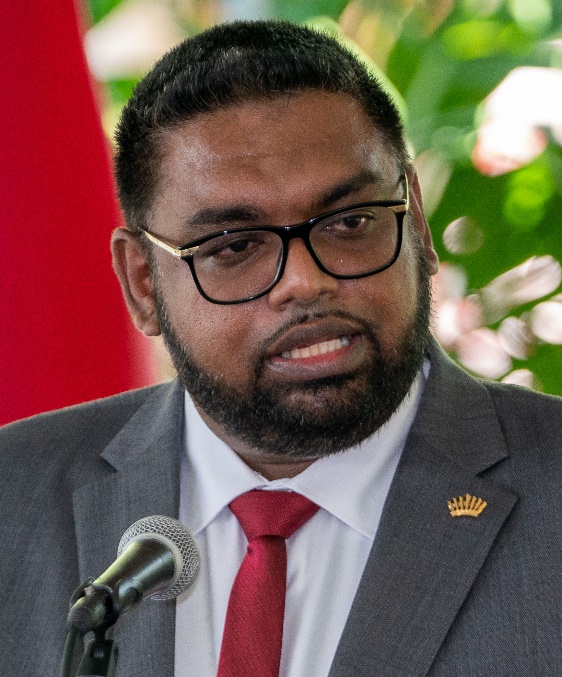
During a question and answer session, the Guyanese president tried to strike a cautious note regarding the challenges to come. “As a people, we have to remain humble,” Ali said.
“We are not in the business of building fanciful infrastructure. We have to build infrastructure that the country needs and not invest in infrastructure that looks good.”


